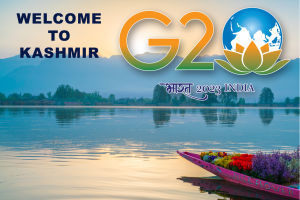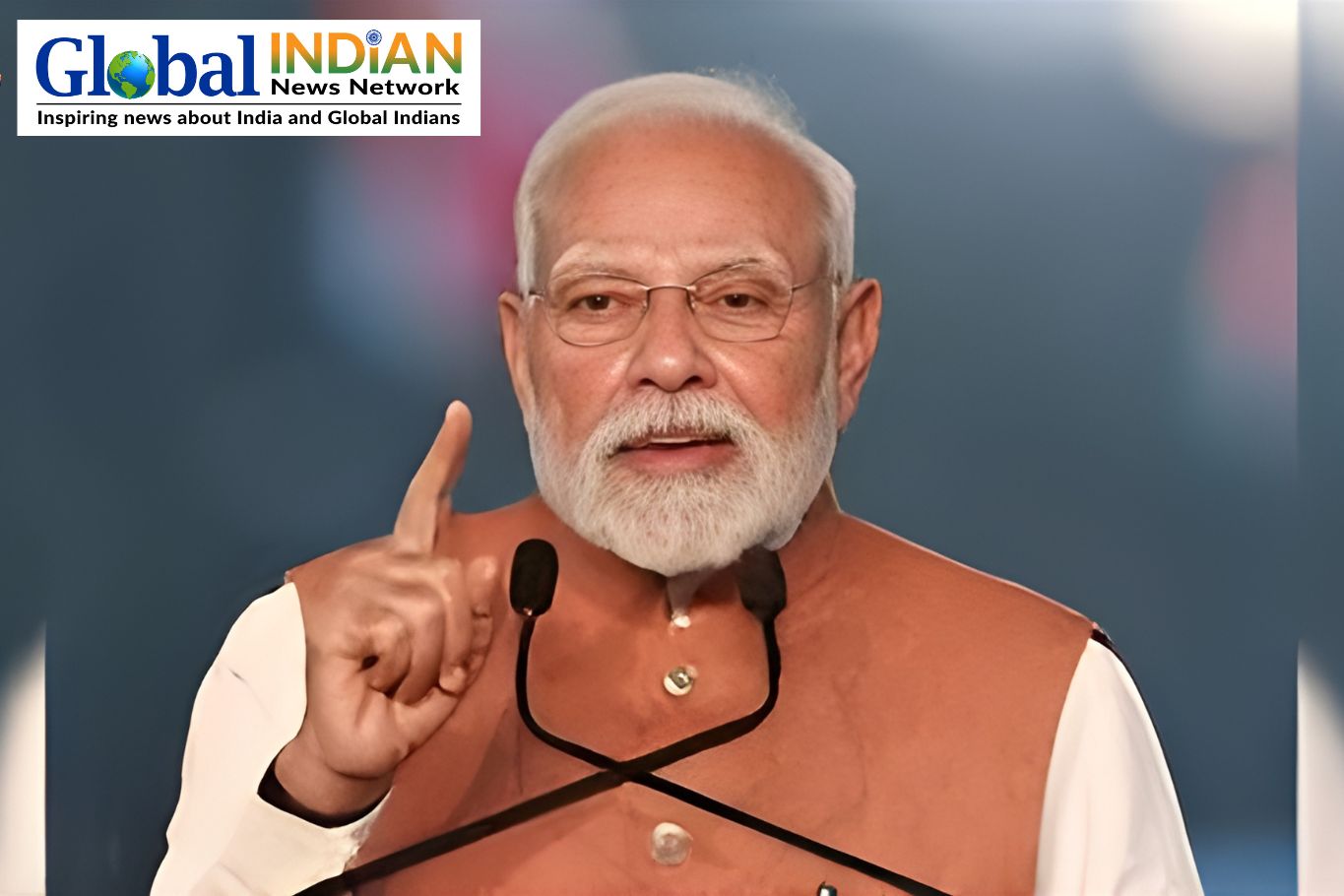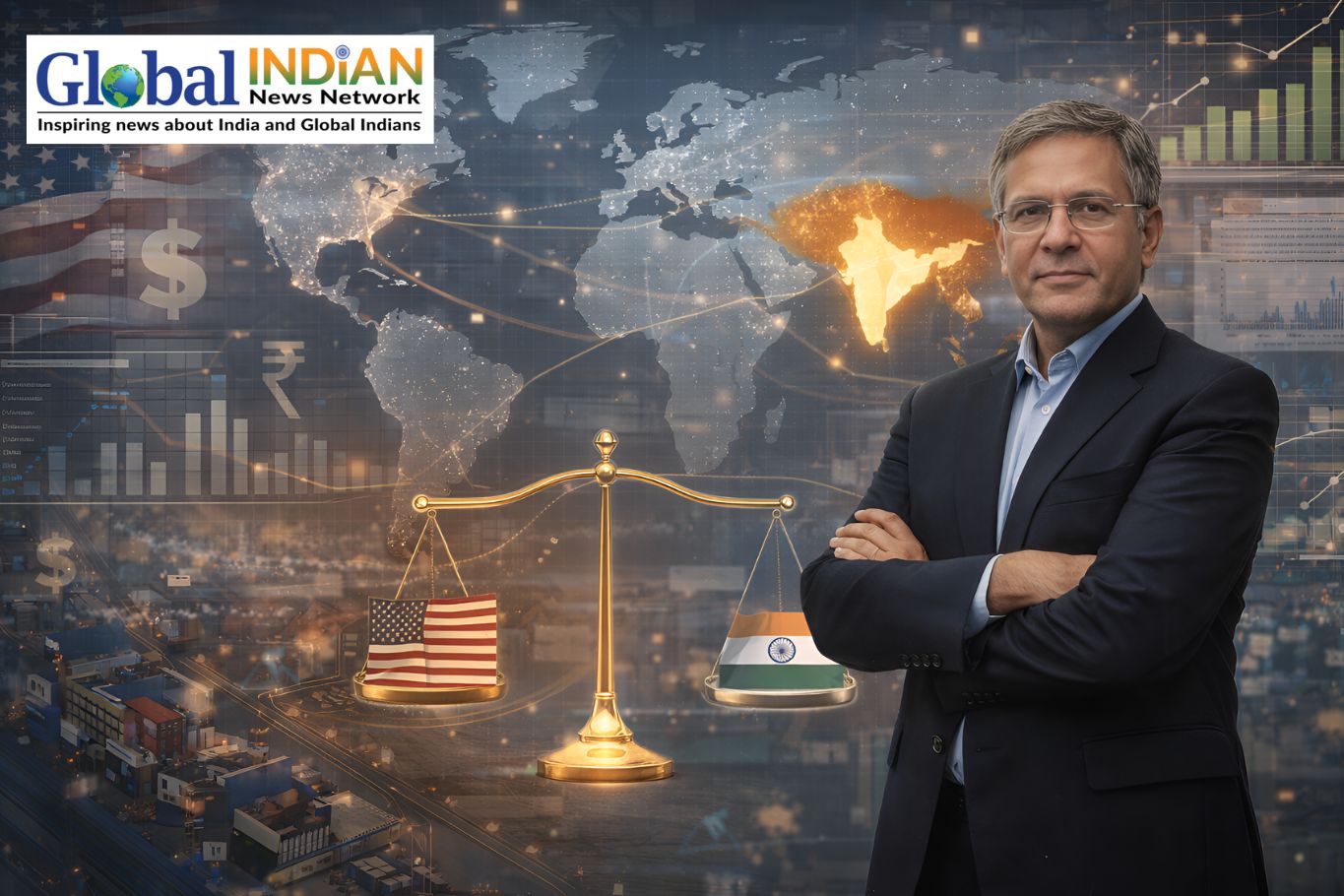
From May 22 to May 24, the G20 Tourism Working Group (TWG) meeting in Kashmir had a resounding participation from 29 countries, including special invitees. China and Pakistan tried very hard to stop the meeting in Srinagar, but they failed terribly. Although China formally “boycotted” the gathering, its lobbying with other G20 members did not result in the desired outcome.
It’s possible that Beijing believed other nations would share its objections to the summit. The pressure on China to demonstrate its steadfast support for Pakistan on this matter may have increased as the opposition waned. In contrast, the official meetings and a number of side activities drew about 120 delegates from member nations and international organizations. The events in Srinagar were attended by delegates and representatives from the G20 members Argentina, Australia, Brazil, Canada, France, Germany, Indonesia, Italy, Japan, South Korea, Mexico, Russia, South Africa, the UK, the US, and the European Union.
Since New Delhi announced the G20 meeting in Srinagar, Pakistan has increased its Kashmir-focused propaganda in recent weeks. Through diplomatic channels, it attempted to forge a consensus among G20 participants and Islamic nations in order to call off the conference. Even though Saudi Arabia didn’t send any representatives to the G20 summit, one from the travel sector was there.
Pakistan attempted to take advantage of Saudi Arabia and Turkey not sending representatives to the summit, as was to be expected. Bilawal Bhutto-Zardari, Pakistan’s foreign minister, also traveled to the occupied regions of Jammu and Kashmir from May 21 to May 23 in order to “express solidarity with Kashmiris against India’s decision to hold a G20 meeting” in Srinagar. But given that Pakistan is not even a G20 member, his visit accomplished little to internationalize Pakistan’s anti-Indian narrative on the Kashmir dispute.
International media paid close attention to the G20 TWG meeting in Srinagar, with many focusing on India’s efforts to promote the return of stability and normalcy in Kashmir. Ladakh and Jammu and Kashmir are becoming more well-known as event and travel destinations on the global stage.
The Youth20 meeting, a G20 initiative, attracted more than 100 participants from more than 30 nations on April 26 in Ladakh. China reportedly exerted significant pressure on the participating youth organizations to boycott the Ladakh gathering, but these efforts were unsuccessful. India has so far had great success organizing a number of official and side activities relevant to the G20 agenda, despite pressure from hostile states outside.
The Srinagar gathering was buzzing with energy as representatives from several nations participated in a variety of activities. They enjoyed local cuisine, went on boat excursions on Dal Lake, saw well-known tourist attractions, danced to Bollywood music, and, of course, carried out their official duties.
Amjad Taha, a well-known Arab social media influencer, posted a statement on Twitter accompanied by a touching video from Kashmir.
“This is not Switzerland or Austria; this is India, and this is Kashmir, where the G20 will take place. It’s known as the ‘paradise on Earth’, a place that has preserved its natural beauty and has the potential to be a solution for climate change. In Kashmir, we witness Muslims, Hindus, Sikhs, and Christians coexisting peacefully, enjoying the diverse landscape, and contributing to global innovation and development for the future.”
It is interesting that India, which is currently holding the G20 presidency, has been organizing meetings all over the country in different cities, including the G20 TWG meeting in Srinagar. As part of the Jan Bhagidari (people’s involvement) project, the Indian government is making an effort to involve more people in the G20 presidency.
The event effectively highlighted the tourism potential of Jammu and Kashmir as well as the unprecedented rise in visitor numbers after Article 370 was repealed in August 2019. Therefore, choosing Srinagar as the location for this meeting was important despite some difficulties, namely the possibility of Pakistan-sponsored terror attacks in the Kashmir valley. In a meeting off-site, the outline for a “national strategy” on film tourism was released.
“It puts Kashmir back on the map, and it has shown us that Kashmir is a beautiful place. It will help tourism in Kashmir, but I hope it will also help tourism in the Netherlands. It’s been three fantastic days. Kashmir is very beautiful. The meetings were very well organized and insightful. So I am happy to bring this all back to the Netherlands,” reported YN Bruggeman, a delegate from the Netherlands.
In a statement, Chang Jae-bok, who is the Korean ambassador to India, said
“The G20 meeting (in Kashmir) was successful. It is a wonderful place, mir) the people here are very kind. I hope more people come here to discover the beauty and diversity of India.”
Simon Wie Kuen Wong, who is Singapore’s high commissioner in India, tweeted,
“A big thank you to G20, J&K Tourism, Srinagar administration, and the Tourism Ministry of India for a stellar experience at the #G20InKashmir 3rd Tourism WG. We also thank the people of J&K for warmly inviting us to their home. We are honored and will be back,” tweeted Singapore’s high commissioner in India, Simon Wie Kuen Wong.
When the G20 meeting in Srinagar was over, the French Embassy in India sent out a tweet as follows:
“We thank the Indian presidency for the excellent organization of the G20 3rd Tourism Working Group Meeting in Srinagar, which led to very productive discussions. France participates actively in all G20 tracks,” the French Embassy in India tweeted upon the conclusion of the G20 meeting in Srinagar.
Additionally, there was a panel discussion on green tourism, digitalization, skills, MSMEs, and destination management, as well as an ecotourism side event.
India has been successful in persuading the international community that violence has decreased to its lowest levels in decades after Article 370 was repealed in August 2019, despite several obstacles.
Professor Naseer Iqbal, Registrar of the Islamic University of Science and Technology, said to the Newsweek “I see that the J&K administration has undertaken several initiatives to foster growth in the region, creating employment opportunities, improving the infrastructure, boosting exports of local products, implementing education reforms, and contributing to the overall GDP of the country. In addition, the administration has also been able to curb the terror activities in the region.”
Similarly, Tariq Chalkoo, a local educator and expert on solar energy, wind energy, and media studies, told Newsweek.
“The G20 Tourism Working Group Meeting in Srinagar was a remarkable move by the Indian Prime Minister Narendra Modi-led government to showcase Jammu and Kashmir in a new light. As the first and biggest ever international event since the abrogation of Article 370 and 35A in August 2019, it marks a new era for J&K, which leaves the days of terror, propaganda, conflict, and shutdowns in the past.” Professor
Pakistan has often failed in its attempts to use propaganda to foster agreement among Islamic nations on the Kashmir problem. Foreign investors have expressed interest in funding significant projects as the security situation in Kashmir has improved. Emaar Group, based in the United Arab Emirates, stated in April that it would invest USD 60 million in Srinagar to build a commercial complex. In the first ten months of the fiscal year 2022–23 (April–March), J&K reportedly received a record-breaking investment of USD 181 million, according to official statistics.
The G20 summit’s success and the region’s increasing economic indicators all point to a bright future for the area.











